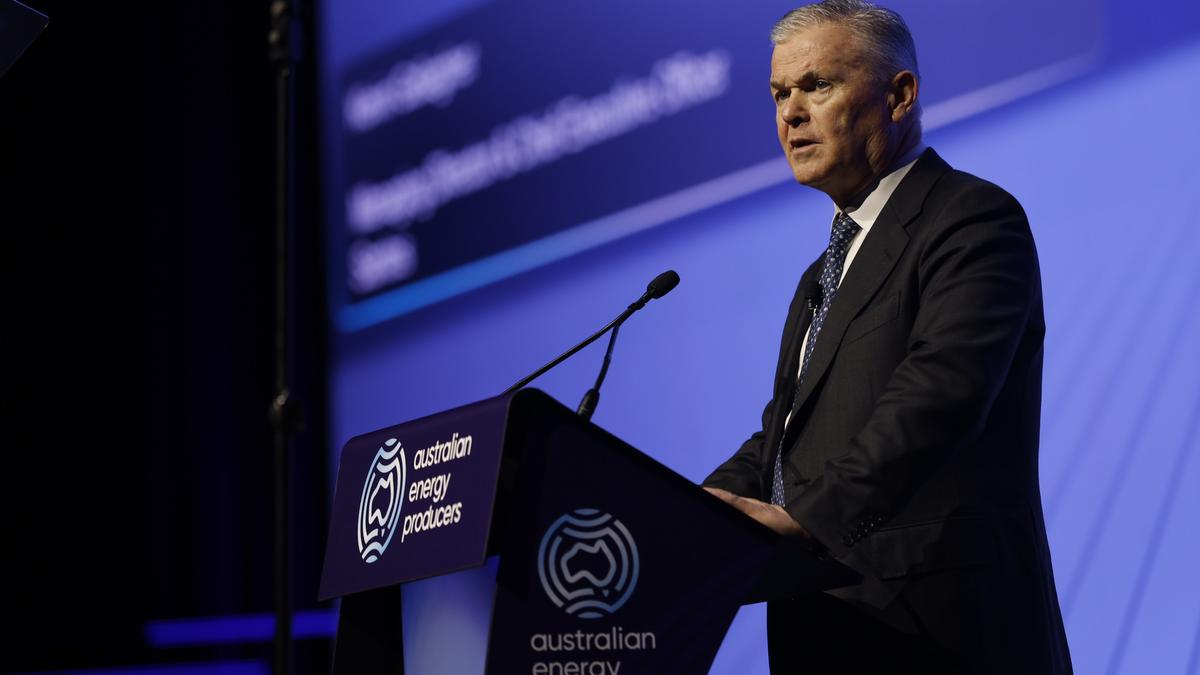
For NHS cataract patients at Optegra Eye Hospital Birmingham this will mean:
No eye drops whatsoever post-surgery – many of which sting – so treatment ends on the day of surgeryNo more concerns about correctly applying drops, which can be a challenge for some people or reliance on friends/family to assist Reduced risk of infection Shorter recovery time
Based on published evidence and Optegra’s own pilot study, this innovation means that Optegra Eye Hospital Birmingham patients can reap the benefits of an injection during their procedure so that they do not need to apply four weeks of several different types of drops at various times of day.
Optegra says this innovative approach improves care for its patients, delivering the ultimate in convenience, as well as a medical advance which is a revolutionary development in care.
Mr Alastair Stuart, Medical Director and Consultant Ophthalmic Surgeon at Optegra, has led this transformation and improvement to the NHS cataract surgery patient pathway.
He said: “For many years now we have been providing high-volume cataract surgeries for the NHS with the lowest complication rates, but we don’t want to stand still. We always strive to improve patient care and experience.
“For many of our patients over the years, feedback has been that the intense drop regime post-surgery, some of which can sting, has been more challenging than the actual treatment itself.
“Traditional drops provide anti-bacterial, anti-inflammation and lubricating properties, but the four sets of drops, some three times a day, some four times a day, are a great challenge for people to remember – and a significant inconvenience for four weeks.
“Added to this, some patients find the act of applying drops very challenging and even need a family member or friend to be available four times a day to apply them.
“By providing a steroid and antibacterial treatment during the procedure, all this medication is provided in one go, and so once the treatment is complete, the patient can relax without any further action and with the reassurance that all medications have been provided.”
There is substantial medical evidence for this approach, including research with 69,832 patients where “dropless” outcomes revealed a lower risk of macular edema (build-up of fluid at the back of the eye post-surgery) compared to patients having traditional drops.
And indeed, Optegra has offered this already to over 1,000 patients across some of its hospitals and results have been overwhelmingly positive. The cystoid macular oedema rate for these patients receiving “dropless” aftercare is less than 0.3%, which is a significant improvement compared to 1-3% with traditional post operative drop regimes.
At a time when NHS contracts are challenging the volume of referrals to the independent sector, Optegra’s NHS Commissioning Director Melanie Andrews said: “Optegra’s focus is, and always will be, exceptional patient care. Which is why we have expanded our services and hospitals to meet the needs of tens of thousands of NHS cataract patients over recent years. We are eager to continue to do so and always want to improve.
“This revolutionary launch of post-surgery drop-free treatment is a significant improvement to the process for our patients. Within Trust and other independent hospitals, NHS patients will face four weeks of applying drops; but if patients have their free treatment with Optegra they will not only receive superior lenses to replace their clouded cataract lens, they will also now avoid having to put in any drops whatsoever in the weeks after surgery.”
Independent surgeons have also praised this approach, including Sarah Maling, Consultant Ophthalmic Surgeon at Buckinghamshire Healthcare NHS Trust, and also strategic advisor for Optegra.
She said: “I like a business which puts patient care at the very centre of all they do and over the years I have worked closely with colleagues to improve the NHS cataract journey to this effect. This advance is a significant improvement in the quality of care as well as the experience itself for patients and I welcome this launch across all of Optegra’s NHS hospitals and clinics.”
Patient Linda Dukes, 67, said her vision was so poor she could not read, write nor watch TV. Her optician told her that she needed her cataract operation as soon as possible to keep her vision.
Linda was offered Optegra where she could be seen in just weeks. Not only was Optegra quicker and closer to home, there was another benefit which she describes as “fantastic”.
She knew about the drop regime which cataract patients normally have, as her friend had recently experienced it. She said: “I was worrying about the drops because my friend was complaining so much about them – he used to say it is a pain trying to get all these drops in, having wait a certain time between each one, and especially if you live on your own and have nobody to help you, it is really difficult.
“But with Optegra, I did not need to do even a single drop afterwards, it has been brilliant – and I am really happy with my vision now, and so glad I had it done.”
Optegra has increased its cataract care vastly in recent years. Prior to Covid it performed 3,000 NHS cataract operations. Last year, over 50,000 treatments were delivered in the UK (and over 170,000 NHS and private internationally) and due to demand has invested in brand new infrastructure to meet patient need. It has opened 11 dedicated NHS cataract clinics around the UK, bringing this life-changing surgery to more patients, and delivering treatment within just weeks of referral.



